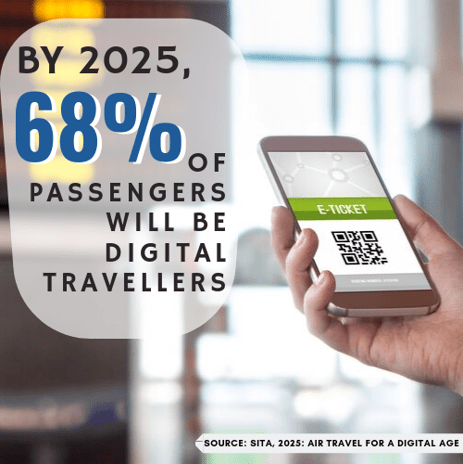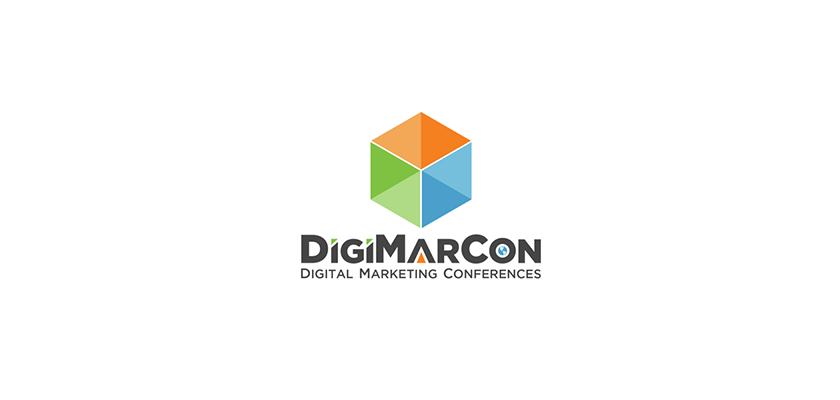
The Role of Personalisation in Tourism Marketing
Even as we enter the new decade, industries such as retail and travel are seeing continued investments in digital platforms and solutions aimed at delivering Hyper Personalisation. In this article, we analyze the role of personalisation in tourism marketing.
The reason: millennials have risen in purchasing power, becoming the dominant driver of business and growth. Any business that market its products or services to this audience must adapt and develop innovative approaches to address dramatic shifts in customer behaviour, as well as the demands for mobile and social media.
Yet personalisation in tourism marketing is much more than tweaking a Marcom message or deploying a new CRM platform or technology. It is all-inclusive, but in many cases, it also involves modifying an existing product or service, transforming it into an experience that resonates with millennials.
When it comes to travel, millennials want exactly that. Today’s consumers are looking for a travel experience that is simultaneously immersive, engaging, inspiring and in some way transformational. For Destination marketing organisations, resorts, or tour operators, this means they must now push authentic local experiences more appealing and unique in order to attract visitors and draw them away from competitors.

Learn more about how much destination marketing has changed in this free case study here.
The next big part of the equation for travel operators is to market their experience to millennials, and this is where businesses (travel included) need to put in more work. A number of surveys revealed that, in the eyes of consumers, brands are failing to deliver the level of personalisation that they desire.
To achieve true personalisation, travel operators must engage their audience from multiple touch points, using data gathered from all possible sources. Coined as Hyper Personalisation, this typically involves taking on new technologies and overhauling legacy systems, i.e undergoing Digital Transformation. As one could imagine, this takes up a lot of time, which is part of the reason why businesses are slow to respond.
Since travel personalisation has yet to be in perfected by any in the industry, developing hyper personalised strategies presents another challenge. In Asia, gaps in technology and strategizing are prompting travel professionals to seek out Digital Travel Summit APAC, an annual gathering of travel verticals in Marketing, eCommerce and Customer Experience to engage in high level quality discussions.
Now in its fifth run, Digital Travel Summit APAC will connect top minds from Asia’s most successful airlines, hotels, OTAs, meta-search platforms, tours and activities, car rentals, cruise lines and tourism boards.
The myriad of travel verticals, coupled with a strong profile from the attending delegates will enable high level peer-to-peer discussions throughout the summit. A turnout of over 700 travel professionals is expected for the summit this year.
Perfecting Travel Personalisation takes centre stage as the overall focus for 2020. Leveraging digital technologies to deliver highly personalised travel experiences continue to be the definitive influencer for success for travel businesses in the new decade.
The importance is also reflected on the summit agenda, with the entirety of day one allocated to achieving personalisation at scale, followed by the future of CX (Customer Experience) for day two. As with previous years, a technology evaluation pre-day will be held for travel brands to benchmark their technologies against their peers, and to meet next generation travel technologies and their providers.
Attendees of Digital Travel Summit APAC 2020 have much to gain from the high quality discussions and actionable insights expected of the annual summit. With powerhouses such as as Singapore Airlines, Shangri-La, and Grab representing the speaker line-up, audiences are guaranteed to not only learn from the best of their category, but also get the unique opportunity to cross-learn from relevant case studies, all in the convenience of a single location.
2020 will also see new sub-categories added to the speaker panel, one of which being the introduction of a new panel focusing on Tourism Boards. These organisations take the lead in Destination Marketing, often a key driver in increasing demand for a travel service at a given location.
Tourism Boards that have come on board to share their success stories so far are Spain, Japan, and New Zealand – all of which are speaking at the summit for the first time.
While the summit has earned much praised for its highly engaging and interactive experience, its organisers are constantly looking for ways to improve its sessions to deliver maximised returns for its attendees. To cater to delegates looking for focused discussions on a specific area of interest, two new track sessions were added to the agenda.
Country clinic sessions dedicate themselves to increasingly lucrative markets such as India and Indonesia, whereas “How to” roundtable sessions see attendees forming small groups to engage in discussions on a set of hot travel challenges.
Gladys Caligagan, Conference Director of Digital Travel APAC says,
“We’re very excited to come back to Digital Travel in 2020. The travel industry has gone through a paradigm shift, travellers are much more tech-savvy than ever. They expect digital experiences to be incorporated into their travel experiences, so digital personalisation is more important now than ever. The new formats introduced to Digital Travel this year I believe we will further strengthen our goal in connecting you to more leaders from more top companies than anywhere else”.
Explore the best travel marketing agencies in the USA and their case studies to get inspired. If you want to manage successful campaigns with the right digital marketing strategies for your travel and tourism brand, you should definitely work with digital agencies that are experts in the tourism industry.























